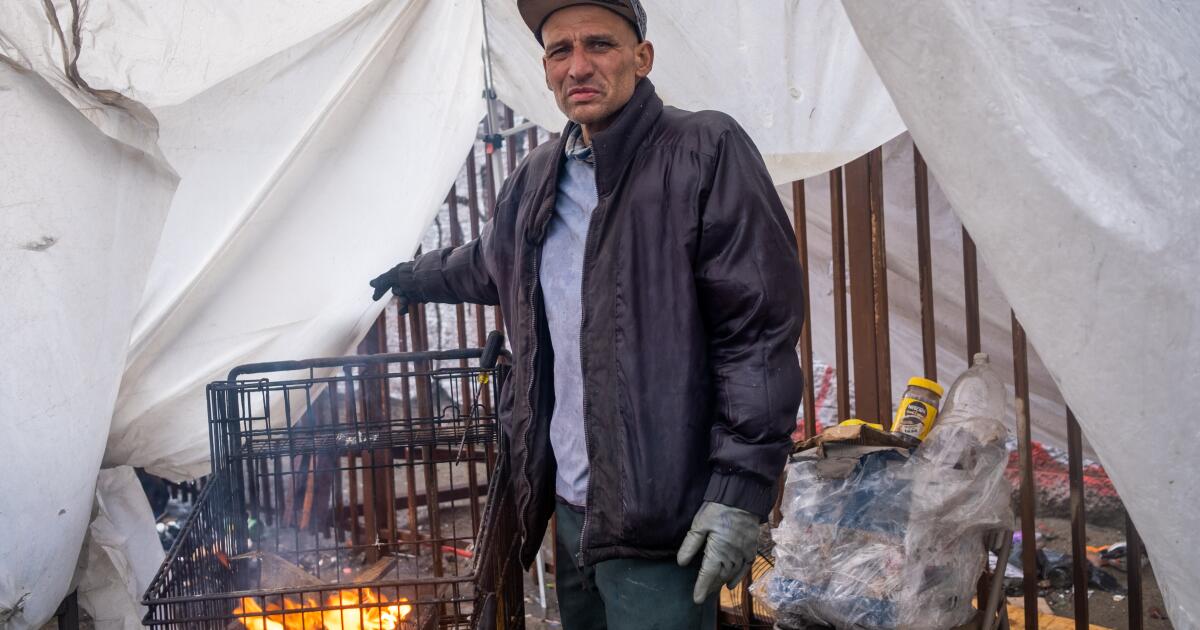If 100 homeless people were given $750 per month for a year, no questions asked, what would they spend it on?
That question was at the core of a controlled study conducted by a San Francisco-based nonprofit and the USC Suzanne Dworak-Peck School of Social Work.
The results were so promising that the researchers decided to publish results after only six months. The answer: food, 36.6%; housing, 19.5%; transportation, 12.7%; clothing, 11.5%; and healthcare, 6.2%, leaving only 13.6% uncategorized.
Those who got the stipend were less likely to be unsheltered after six months and able to meet more of their basic needs than a control group that got no money, and half as likely as the control group to have an episode of being unsheltered.



We know it can work. We know how it will work. The math works, the psychology works, there’s nothing else left to do but do it. This is just the latest in a long line of studies on this going back decades. Doubting it at this point is just putting your head in the ground.
This is the part where the citations you link are extremely important.
You could, just read the thread. You don’t need to keep responding to each level.
And the math is either generally available as a thought exercise or specific to the model being discussed. There’s not really an in between.
How will it work, then?